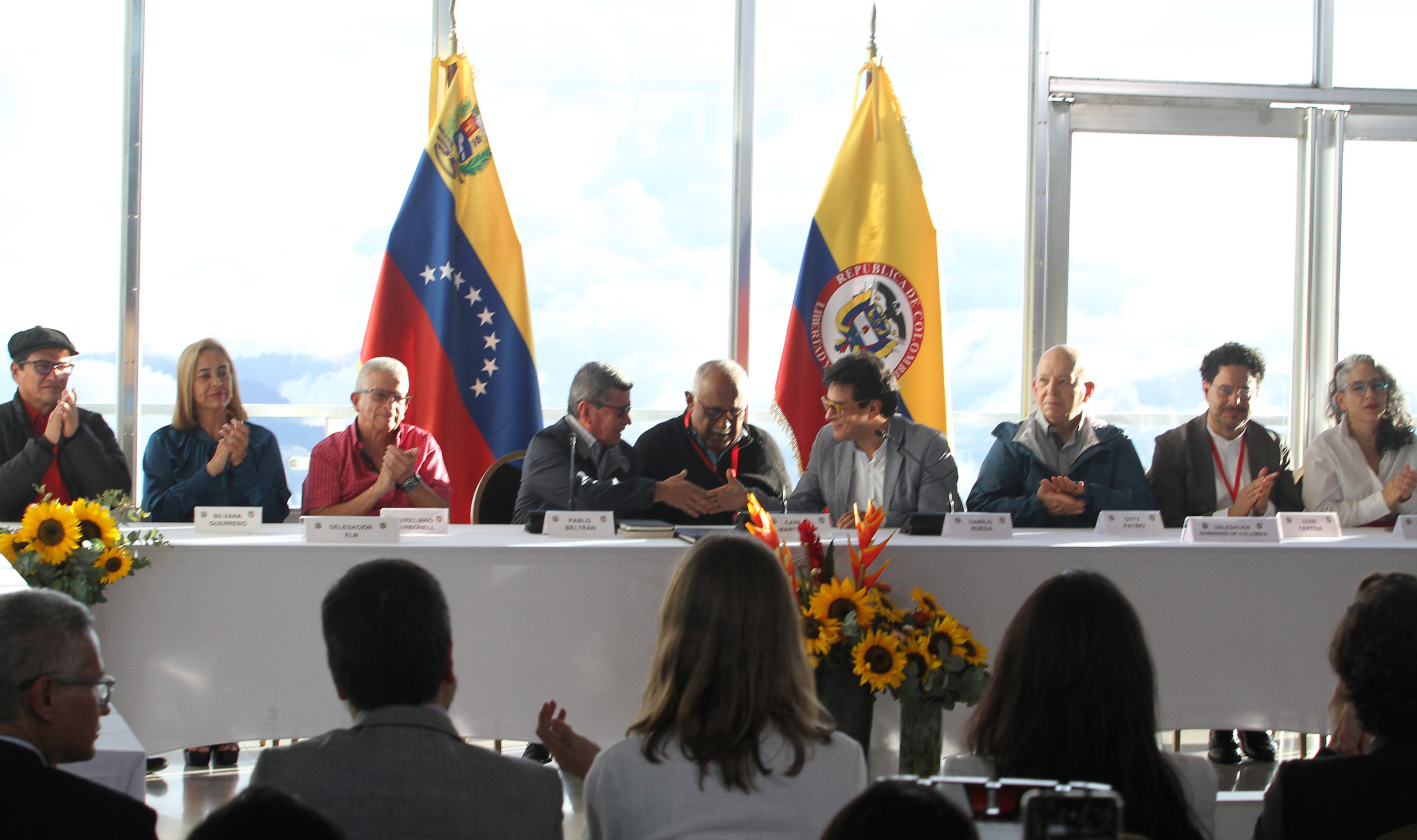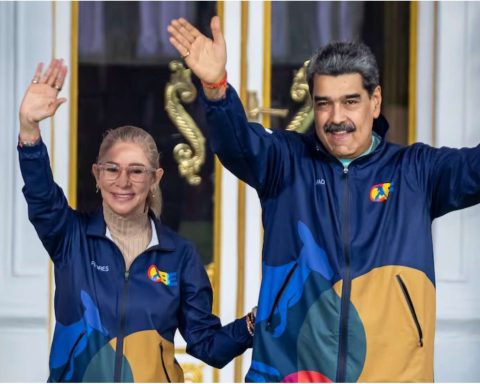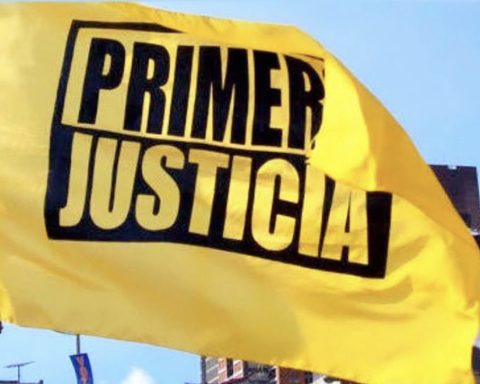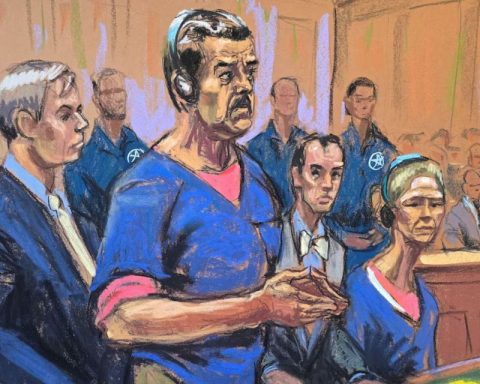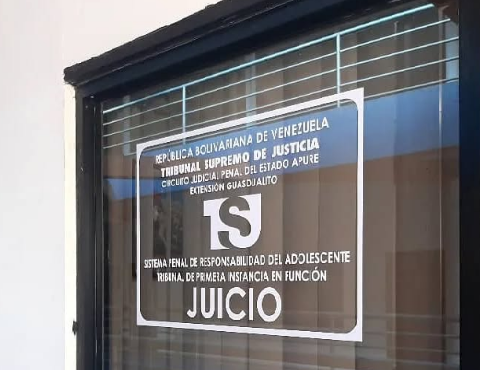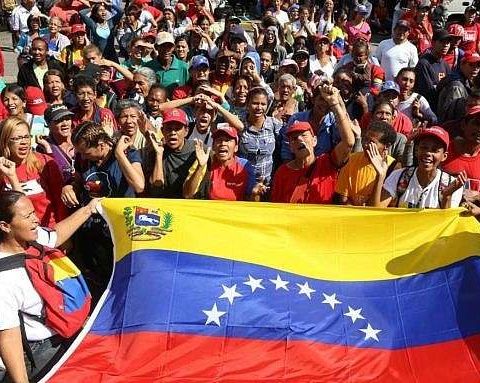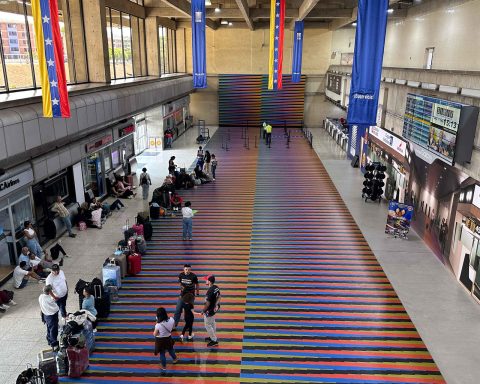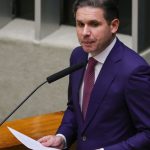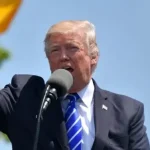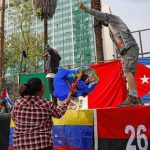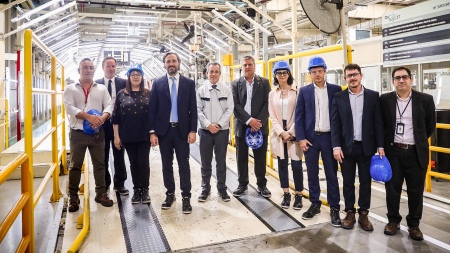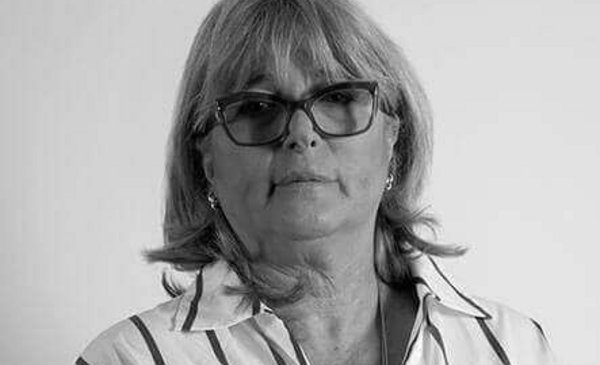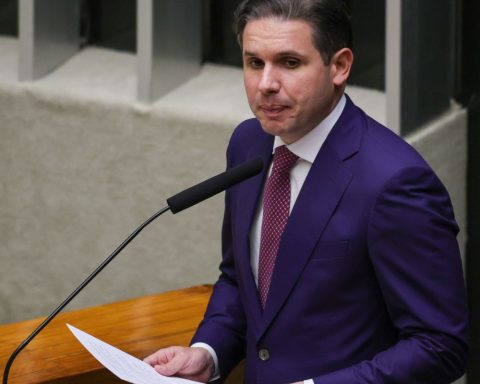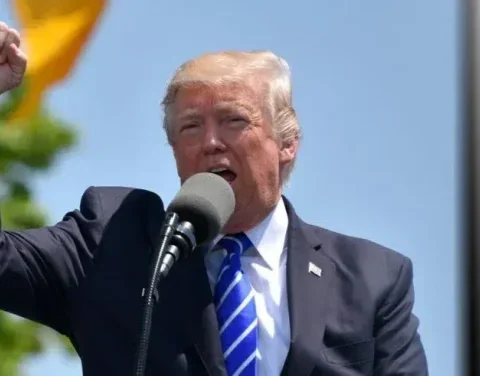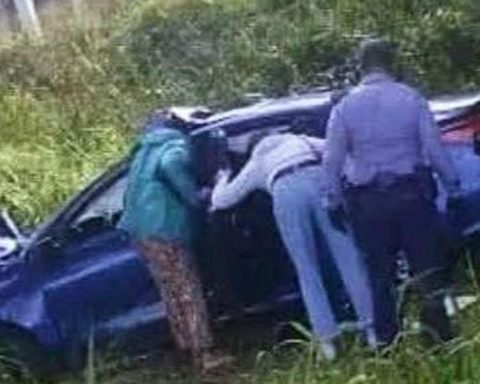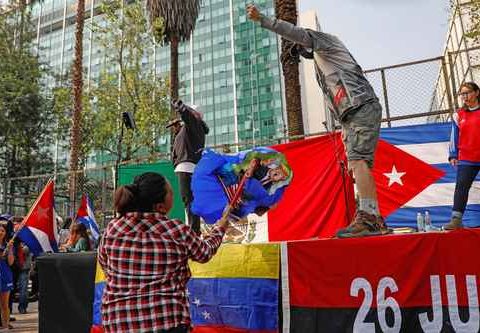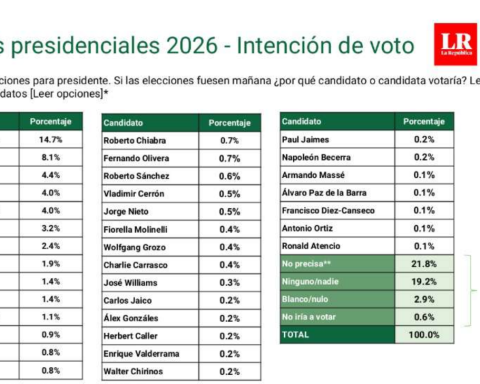The delegations of the National Liberation Army (ELN) and the Colombian government of Gustavo Petro agreed to execute a partial care and emergency agreement on Bajo Calima, Buenaventura municipality, Valle del Cauca department and El Medio San Juan, Chocó department.
In those territories there is a “serious situation of violence,” which is recognized by the delegations, according to a statement read this Monday from the Humboldt Hotel, Warairarepano National Park, where they held sessions for 21 days, between November 21 and 12. last December.
This agreement on humanitarian actions and dynamics will begin to be executed as of January 2023. They also agreed to provide emergency care to a group of ELN political prisoners because they “recognize the grave humanitarian situation in prisons.”
The humanitarian care measures for the prisoners of the ELN and the regions of Cauca and Chocó, are part of the four points of the agreement signed in this first cycle of dialogue, endorsed in a document read this Monday by Lina Hamerend (Norway) and Raúl Vergara ( Chile), spokespersons for the guarantor countries.
Pablo Beltrán, head of the ELN delegation, explained that these two Colombian regions were chosen as a kind of “prototype” that could be replicated in other parts of the country.
Beltrán explained that in these areas there are large groups of displaced population outside their ancestral territories made up of indigenous communities. “So work is going to be done with those who are displaced to locate the factors that prevent their return,” Beltrán responded when we asked him to explain these humanitarian actions. “They are also thinking of having some shelters so that when the return is given, each one does not go to their place, farm or house, but to a collective shelter and from there create conditions to complete the return,” he said.
The ELN representative pointed out that they aspire to have the support of the United Nations Organization and the guarantor countries to shield this humanitarian attention in Cauca and Chocó.
We also asked Beltrán if they considered submitting the agreements signed in the talks to a referendum. ”We are more inclined to have a democratic validation exercise from the beginning. What does that mean? That there is participation and commitment from broad sectors,” Beltrán replied.
At the end of the communiqué, a paragraph was inserted where the parties reported that since last August 7, the ELN has released 20 people, including civilians and members of the security forces.
The delegations highlighted the respectful, transparent and cordial atmosphere experienced during the sessions.
The Mexican ambassador in Venezuela, Leopoldo de Gyves de la Cruz, took the floor to inform that his country will host the second cycle of talks between the ELN guerrillas and the government of Gustavo Petro. All of this “taking into account the interest commitment to contribute to the historical purpose of building a political solution to the armed conflict that Colombia has been going through for decades,” the diplomat said.
The statement recalled that the peace talks were resumed between November 21 and December 12, after being interrupted since August 2018.
The parties met with a view to avoiding the recurrence of a situation contrary to international law, ”as happened in the past government (Iván Duque) when the agreed protocols were ignored and the guarantor countries were attacked, especially Cuba ”.
They expressed that the peace process is presented ”as a beacon of hope in a world submerged in situations of war and destructive tension; it is a bet for reason, for ethical responsibility, for dialogue to face the causes and consequences of violence and armed conflicts”.
At the beginning of the press conference, General Carlos Martínez read a statement in which the government of President Nicolás Maduro “congratulates the government of the Republic of Colombia and the National Liberation Army for having successfully carried out through their delegations , the first official cycle of talks”.
They detailed the agreements of this first cycle:
1- Agreement on the Dialogue Agenda: The Table retook as a guide the agenda agreement and its essential axes signed in March 201. In addition, it made changes to it by consensus, elements produced by the new national and international context. The adjustments were discussed, approved and are in the drafting process.
2- Agreement on the institutionalization of the Peace Dialogues Table: A regulation was elaborated that regulates and enhances their work. The basic principles and procedures for its operation were adopted, establishing protocols with clear rules for the delegations of the National Government and the ELN, also referring to the support of the international community that materializes through the guarantor countries and their role as witnesses, the presence of the United Nations as a permanent accompanying body and the reactivation of the Group of Supporting Countries, Accompaniment and Cooperation. GPAAC. Likewise, of the Episcopal Conference of Colombia as a permanent accompanying institution.
3- Agreement on Humanitarian Actions and Dynamics: The Parties recognize the serious situation of violence that occurs in the territories and decided to implement a partial Agreement for emergency care, which will begin in January 2023, on Bajo Calima (Valle del Cauca) and Medio San Juan (Choco).
Likewise, they recognize the serious humanitarian situation that exists in the prisons and agreed to the humanitarian emergency attention to a group of political prisoners of the National Liberation Army – ELN.
4- Pedagogy and Communications: Work was carried out to agree on the strategy and the communications and pedagogy plan, with the purpose of strengthening and expanding the support and participation of Colombian society and the international community in the dialogue process.
Both delegations highlighted the respectful, transparent and cordial atmosphere that was experienced in these weeks of work, which increases the hope of Colombia and the region for an integral and definitive peace.
